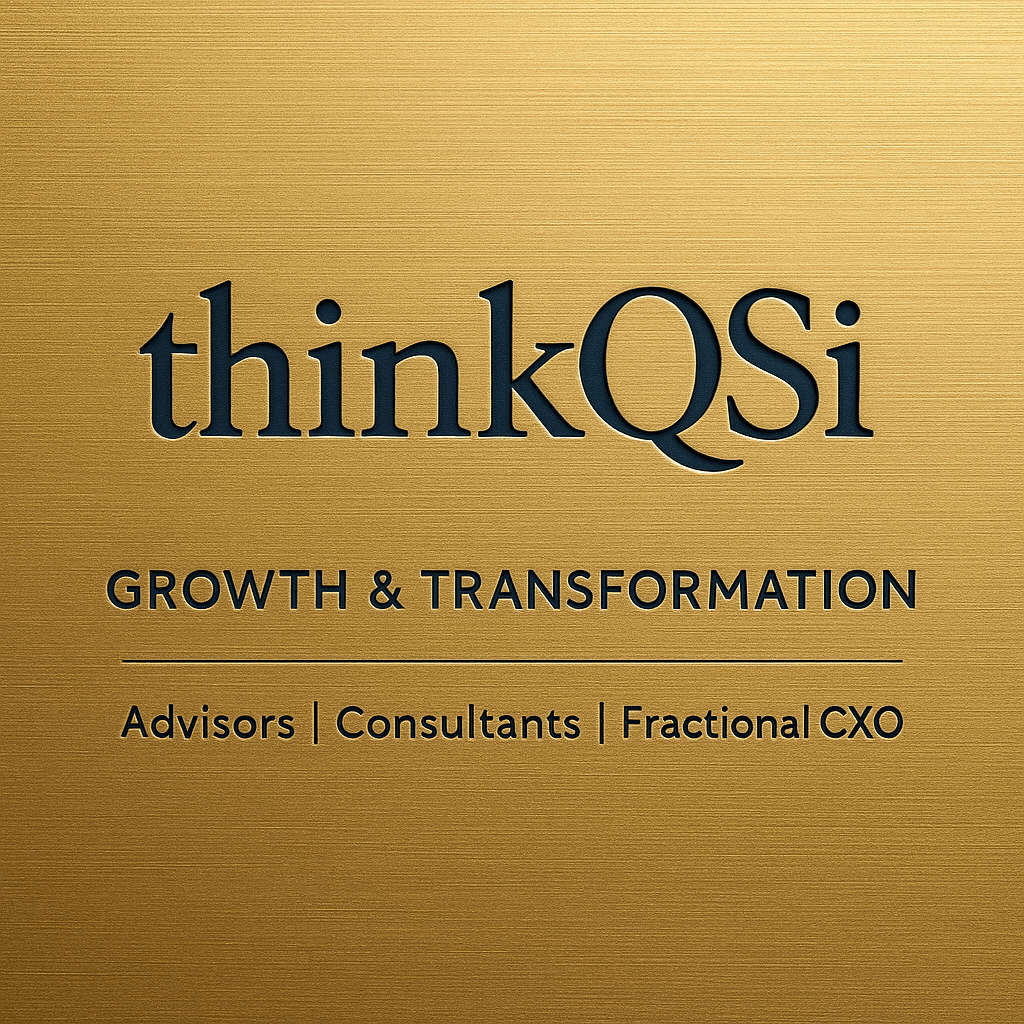The Future of Work: Navigating Job Creation and Skills Transformation for 2030
The Shift in Job Creation
The landscape of work is undergoing a transformative shift, with job creation taking on new dimensions as we approach 2030. The advent of advanced technologies, such as artificial intelligence and automation, is reshaping the way we perceive employment. These innovations are not just replacing certain roles but also paving the way for entirely new professions. This evolution requires a proactive approach to prepare the workforce for emerging opportunities.
As industries adapt to the digital age, sectors such as healthcare, renewable energy, and information technology are expected to see significant growth. The demand for tech-savvy professionals, data analysts, and cybersecurity experts is anticipated to rise. To harness these opportunities, it's crucial for both individuals and educational institutions to align learning pathways with future job markets.

Embracing Technological Advancements
Technological advancements are at the forefront of shaping the future workplace. With the integration of AI and machine learning, businesses are optimizing operations and enhancing productivity. Jobs that require repetitive tasks are increasingly automated, allowing human workers to focus on more complex and creative endeavors. This shift calls for a re-evaluation of skills that are valued in the job market.
Organizations are increasingly investing in upskilling and reskilling programs to equip their employees with the necessary tools to thrive in a tech-driven environment. These initiatives not only benefit the workforce but also ensure that companies remain competitive in a rapidly evolving landscape.
The Importance of Lifelong Learning
In the context of a dynamic job market, the concept of lifelong learning becomes indispensable. As new technologies emerge, traditional education may no longer suffice. Continuous learning and adaptability are key to staying relevant and competitive. This requires a cultural shift towards valuing education beyond formal schooling and embracing diverse learning methods, such as online courses, workshops, and on-the-job training.

Employers play a crucial role in fostering a culture of continuous learning by providing access to development resources and encouraging knowledge sharing. By doing so, they not only enhance their workforce's skills but also contribute to employee satisfaction and retention.
Soft Skills in the Future Workplace
While technical skills are vital, the significance of soft skills cannot be overlooked. Attributes such as emotional intelligence, communication, and problem-solving are becoming increasingly important in the future workplace. These skills help bridge the gap between humans and machines, ensuring seamless collaboration and innovation.
As the workplace becomes more diverse and globalized, cultural awareness and adaptability will also be key competencies. Employers are seeking individuals who can thrive in multidisciplinary teams and navigate complex social dynamics.

Preparing for the Future
To successfully navigate the future of work, individuals, businesses, and policymakers must work collaboratively. This involves investing in education systems that emphasize creativity, critical thinking, and adaptability. By fostering partnerships between educational institutions and industries, we can create a workforce that is well-equipped to tackle the challenges and opportunities of the future.
As we move towards 2030, embracing change and being open to new possibilities will be essential. By prioritizing skill transformation and job creation, we can build a future where technology and human ingenuity coexist harmoniously, driving progress and prosperity for all.
Note: This blog post was based on the WEF Forum's "Future of Jobs Report 2025" to read the report in it's entirety please follow this link.
World Economic Forum Future of Jobs Report 2025
---
Insights from Anwer Qureishi, Thought Leader & Entrepreneur
Ready to accelerate growth? Schedule a Consultation with Anwer Qureishi, Founder, Q&S International (ThinkQSi).
